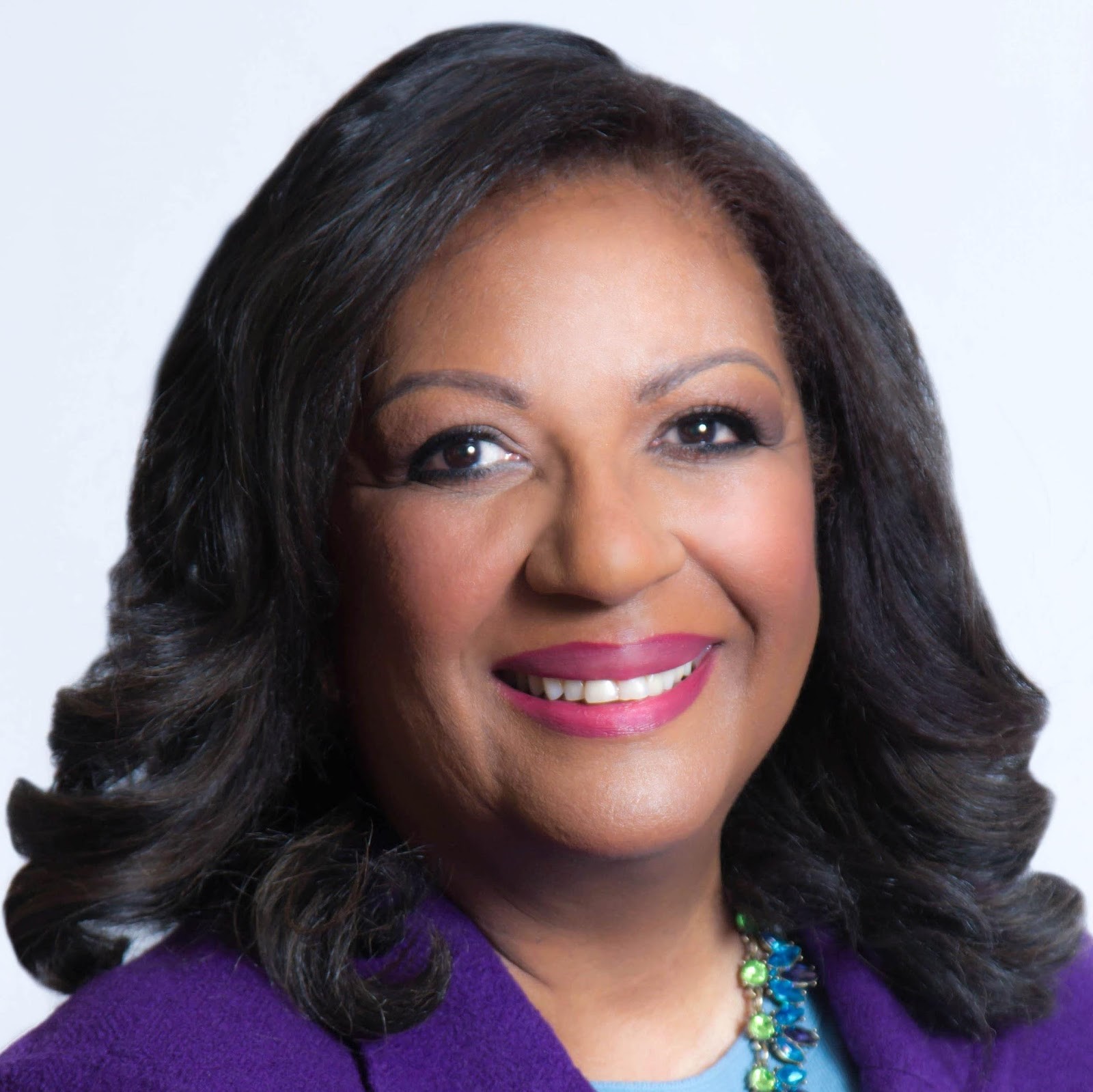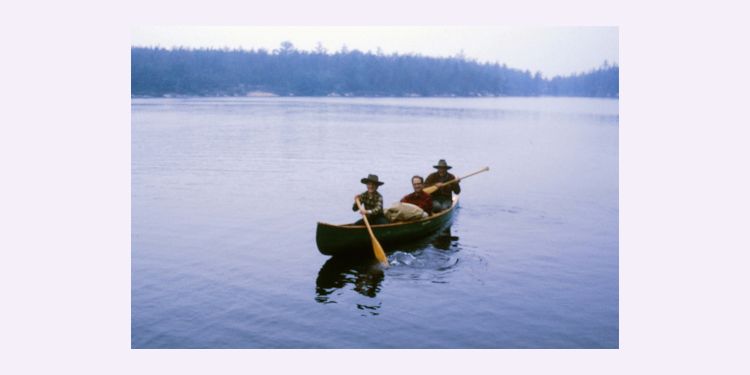BEI is delighted to bring you this mini-series on HBS alumni tackling problems related to water and climate change. Emotional and visible connection to a topic is key to driving action. There seem to be few issues and topics that conjure up greater personal connection and emotion – to family, to place, or to community – than water. We hope these stories showcase a range of ways in which some alumni have connected their bond with water to action in the business world. Thank you for reading, and please share your stories with us at bei@hbs.edu! – Lynn Schenk, BEI Director
Climate Stories: Water Series - Episode #16: Tim Murdoch, HBS MBA 1990 – Learning about Climate Change and Water
“I am now a student of water. Attending last May’s Accelerating Climate Solutions conference on campus re-connected me to HBS. I am proud that the school is pulling disparate voices together to help educate all of us about climate change broadly, and now water specifically.” – Tim Murdoch

For Tim Murdoch (HBS MBA 1990), a semi-retired independent consultant, water and climate change are new passions. He took a “gap year off” in 2020, and since then, he said, “I have invested a lot of time to learn about water issues, challenges, and opportunities while building a sizable and informed network of people dedicated to water, water health, water risk, water education or water-related challenges. The more that I learn about water, the more I realize I have so much more to learn.”
Before his recent studies, water had been a long-time source of pleasure. Some 75 years ago, Tim’s grandfather began spending summers in a remote section of Ontario, Canada. He homesteaded a three-acre island for $90 in the Upper French River and built a house on the property, which was and remains identified only as Island #92. In 1986, the Canadian government recognized the river as a “Heritage River” in part because of its importance to the inland waterways that facilitated the fur trade for centuries. In 1989, Ontario established this waterway as the French River Provincial Park.
Water is one of Canada’s most important natural resources. The World Wildlife Federation Canada reports that Canada controls approximately 20 percent of the world’s freshwater. But WWF experts worry that a lack of accurate data collection on pollution, habitat loss, invasive species as well as climate change are threatening Canada’s freshwater ecosystems.
Growing up, Tim never thought about water threats when enjoying Island #92 with his late grandfather, the Reverend Paul Cullens (Harvard College AB 1922, Harvard Divinity School, MA, 1925) and his father, the late William F. Murdoch (HBS MBA 1956). “I used to drink a cup of river water and never considered that it might be polluted. But 10 to 15 years ago, we began to test the water and became concerned that it might not be drinkable.” He now sees himself and his sisters as “stewards” of the historic acreage.
Tim became even more worried last summer after seeing a Canadian Broadcasting Company (CBC) report about plans by Industrial Plastics Canada to open a new plant in nearby North Bay, Ontario. Yes, the new plant would generate 35 jobs, but the CBC report said “the company will transform a polymer called polytetrafluoroethylene (PTFE), which is commonly known under the trade name Teflon.”
To understand more about what’s going on in his community, Tim joined the Board of the Upper French River Cottagers Association, a local non-profit dedicated to maintaining the historic river’s “quality of life and the natural environment.”
“I have a lot of questions,” he said. “We pump our river water through gas or solar pumps into a tank where it’s filtered. But you can’t filter out PFAS.”
PFAS constitute a group of chemicals called per- and polyfluoroalkyl substances. According to the CBC report, there are more than 10,000 known chemicals in the PFAS family, largely used for their water-repelling properties. “They are in waterproof jackets, bike chain grease, ski wax, and even some fast-food containers and popcorn bags.” The risks, experts say, are that PFAS are “forever chemicals” and can stay in water or the air for hundreds of years.
“We find it unsettling that a manufacturing plant is allowed to locate along these waters,” Tim said, “where the Ojibwe people of the Dokis First Nation have been fishing, trading and hunting since long before we arrived. The Nipissing First Nation, a longstanding community of Nishnaabeg peoples located along the shorelines of Lake Nipissing, will also be impacted.”
The dangers of PFAS became even more real in March, 2024. The Canadian Broadcasting Company reported that North Bay, Ontario and Canada’s Department of National Defense (DND) are launching a $20-million project to remediate a site contaminated with PFAS. Tim notes, “North Bay, Ontario sits on Lake Nipissing and its waters flow directly next to our family property.”
Tim’s journey of studying water has provided that link between community, environment, health, and business and climate change.
Tim credits his return to Harvard Business School last May for Harvard’s Climate Action Week and the HBS conference as a major step forward in his water journey, even though, he said, specific discussion about water issues were limited. During a lively case discussion led by HBS professor Rosabeth Moss Kanter, he came away thinking: “Miami is the most at-risk city in the United States with its coastal flooding yet the discussion didn’t delve into surface or groundwater issues. Hurricanes and flooding generate polluted or brackish water which impacts both agriculture and the overall water supply. I became more mobilized to bring these issues into business- and climate-focused discussions. ”
He admits, “I’m good at flagging the problems, but not at identifying all of the solutions. I have more to learn and I’m using the HBS network to educate myself, and hopefully eventually to educate others.” Our biggest obstacle, he said, "is educating ourselves about our water footprints.”
Tim cites three books that are currently on his nightstand:
- “The Three Ages of Water: Prehistoric Past, Imperiled Present, and a Hope for the Future” by Peter Gleick;
- “Drawdown: The Most Comprehensive Plan Ever Proposed to Reverse Global Warming” by Paul Hawken; and
- “Your Water Footprint: The Shocking Facts About How Much Water We Use to Make Everyday Products” by Stephen Leahy.
Among the facts that impressed Tim:
● North Americans flush their toilets with drinking water. “We need smart plumbing to find ways to use ‘gray water’ instead, i.e. water reused from our dishwashers or clothes washers,” Tim concluded. He added:
● “It’s insane that it takes 660 gallons of water to make one cotton shirt, 92.5 gallons to make a polyester shirt, and 2,000 gallons for one pair of jeans.
● Because our food systems depend on water, we use 37 gallons to make one cup of coffee.
● It takes 634 gallons to produce a cheeseburger. That’s enough water for a small village in India.”
Tim is now asking, “Why does chip fabrication take so much high-quality water? Why are we building plants in the desert in Arizona? We need to begin asking how we balance industrial growth against environmental risks.”
Tim is using his new-found education to advise two young start-up companies, both based in Montreal, Quebec in Canada, one focusing on natural capital asset management, and an emerging global water-risk assessment consultancy. “It is too early for either company to have a track record to discuss,” Tim said.
His primary focus is water education. “Water is the missing link in the climate discussion,” Tim said. “People take water for granted. Once we’re educated, we’ll change our behaviors. We need to understand that water is essential to life itself. If you own your individual water footprint, you can reduce your water consumption. Education is the number one common thread. “
About the Author

Jacqueline Adams (MBA 1978) has spent her career as a journalist, author, and convener. She and Bonita C. Stewart (MBA 1983) are co-authors of “A Blessing: Women of Color Teaming Up to Lead, Empower and Thrive” as well as a series of groundbreaking proprietary surveys, Women of Color in Business: Cross-Generational Survey©.

